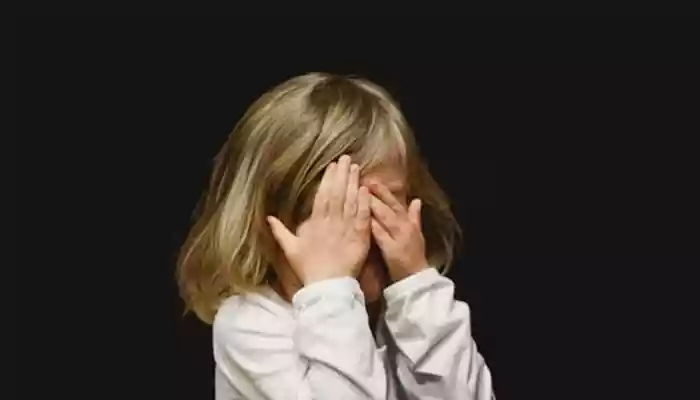Does Your Child Have Dry Eyes? Know The Causes And Symptoms

When it comes to kids and teenagers, dry eyes can have a variety of root reasons. In certain cases, however, self-care measures are effective.
It's not fun having dry eyes all the time. Due to the dryness, children may have a feeling of stretching in their eyes. Dry eye syndrome is a common condition that gives a sandy, gritty feeling in the eyes first thing in the morning and which often worsens during the day. Your child's eyesight may be impaired as a result. However, dry eyes often do not result in permanent visual impairments.
Dry eyes can be brought on by a variety of factors. The most common causes of eye irritation are dry air, smoke, and smog. However, there are other causes of eye irritation, such as allergies or contact lenses. If your kid is experiencing discomfort in their eyes, consult an ophthalmologist to discuss treatment options. However, home remedies are often effective.
Why Do Kids Have Dry Eyes?
Reading, using a computer, and playing can all be made more difficult for children with dry eye syndrome. Constant blinking and the discomfort of burning, itchy, or irritated eyes can make it hard to pay attention in class. Your child's dry eyes might be caused by a number of different factors.In children, dry eye syndrome often manifests with these signs and symptoms:
Constant blinking Discoloration of the eyelids Eyes constantly rubbed Turning away from lights Sensation of stinging or burning near the eyes Intense moments of visual distortion Challenges in reading, using computers, and performing other visually-focused tasks.
Managing dry eye at home for your kid
Dry eye condition can be treated with either home treatments or artificial tears prescribed by your doctor. Here are some recommendations that could be of use:One should stay away from smoke and other potential eye irritants.
Make sure your kid is protected from the sun by having them wear wrap-around sunglasses. Use a hat or an umbrella to shield the sun, wind, dust, and grime from their eyes.
Have a humidifier close to your child's sleeping area. When cleaning the device, always refer to the manual.
If you have a young child, you should not turn on any fans while he or she is sleeping.
In the event that your child normally uses contact lenses, have them use re-wetting drops or switch to glasses until their eyes feel better.
Make sure your kid uses the tear substitute at least four times daily.
Use artificial tears without preservatives if your child needs drops more than four times a day. One possible benefit is that they cause less eye irritation.
Every morning, for about five minutes, place a warm, damp towel on your child's eyelids. Gently rub the eyelids.












